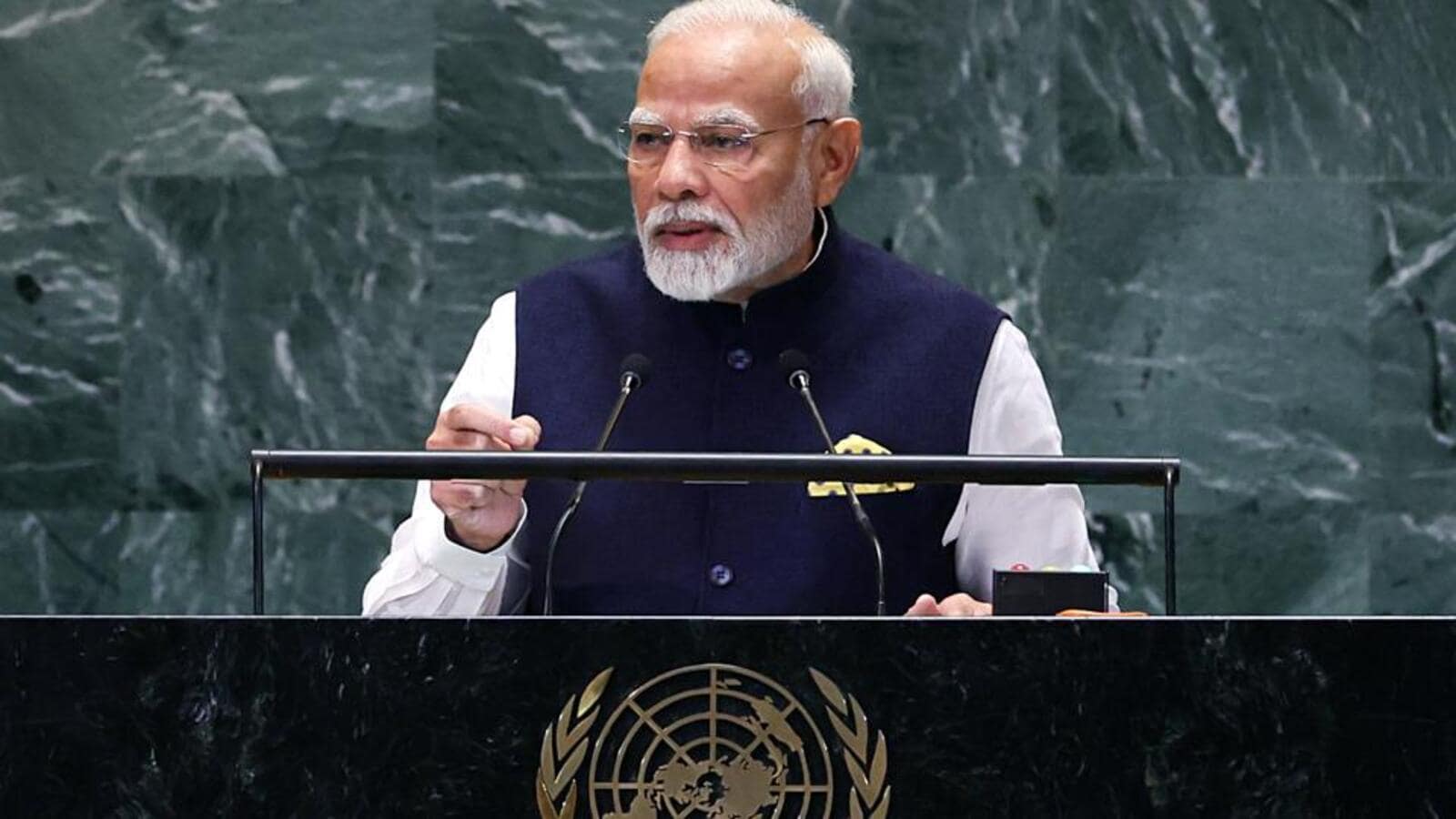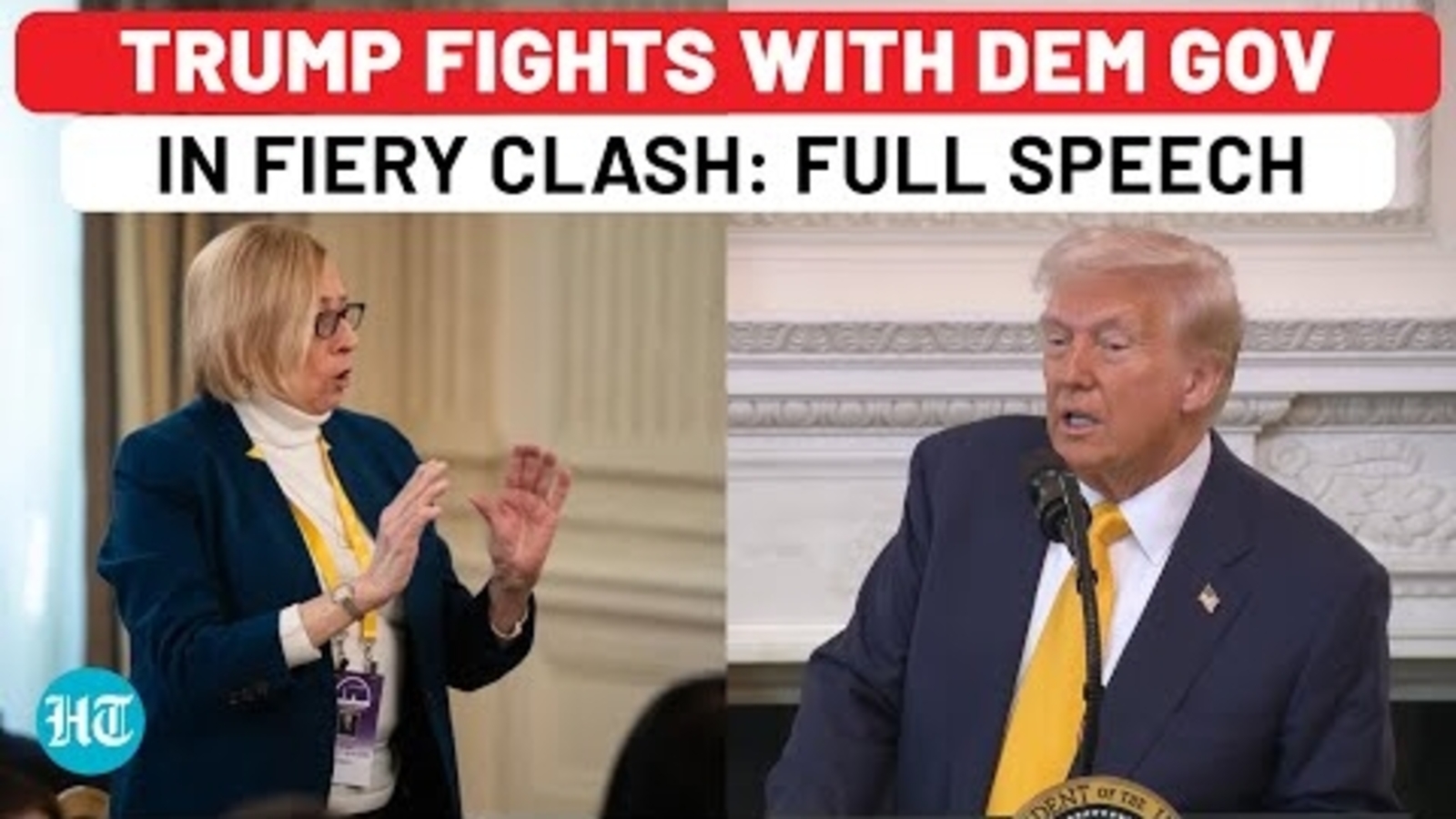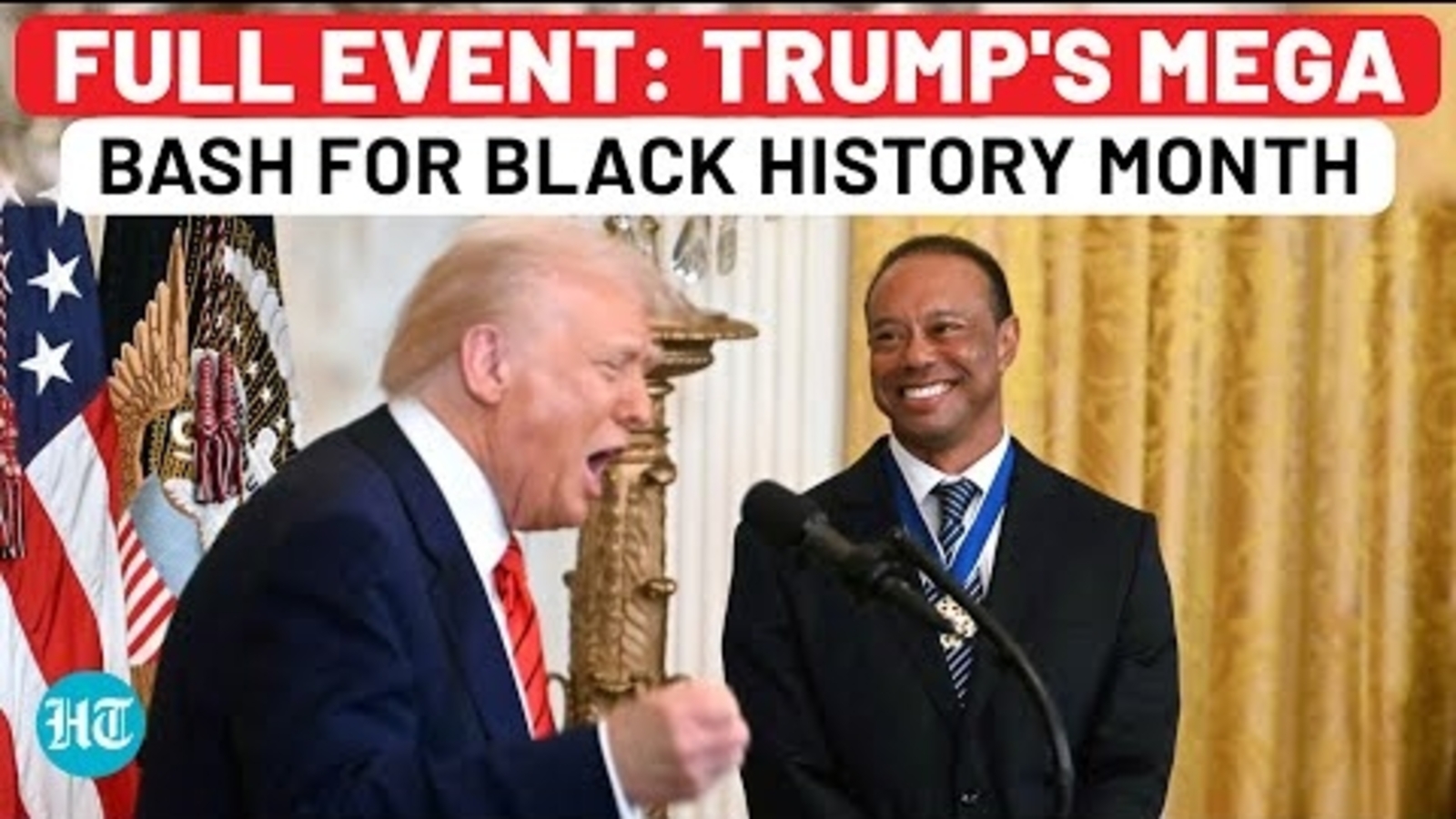New York: Prime Minister Narendra Modi has said that the success of humanity does not lie in the battlefield, called for the reform of global governance institutions, warned the world of the threats to global peace and security from both terrorism and in newer tech domains, called for balanced digital global governance, and offered to share both India’s digital public infrastructure and experience of battling poverty with the rest of the world.

In his address to the UN’s Summit of the Future on Monday, Modi also spoke of India’s recent elections as the largest-ever election in global history and presented himself as the voice of one sixth of humanity.
At a time when the world is in the middle of two wars, and there is increased speculation about India’s possible role in peacemaking in Ukraine, Modi said, “The success of humanity lies in our collective strength, not in the battlefield.”
Contrary to speculation, India didn’t offer any peace plan, but as one of the few international actors with strong communication channels with both Russia and Ukraine, it is seen as a potential player in peacemaking efforts when the conflict is more ripe for resolution.
On Sunday, Modi also meet Palestinian Authority chairman Mahmoud Abbas, even as Israel’s offensive against Gaza continues and the world approaches the year long mark of Hamas’s terror attack against Israel on October 7. On X, Modi said, after the meeting, “Reiterated India’s support for early restoration of peace and stability in the region. Exchanged views of further strengthening long standing friendship with the people of Palestine.” India has called for an immediate ceasefire and reiterated its support for a two state solution in the case of West Asian conflict.
Modi’s remarks on the UN stage came soon after the UN adopted the Pact for the Future, a landmark document, that also includes a Global Digital Compact and a Declaration on Future Generations. His messages were largely in sync with the main thrust of the Pact in various domains of global development and security and digital governance.
In the area of peace and security, according to a UN release, the pact offers the “most progressive and concrete commitment to Security Council reform since the 1960s”, including by addressing the underrepresentation of Africa as a priority.
This need for reform was among the highlights of Modi’s speech as well, in the backdrop of India’s persistent call for the global governance structures to reflect contemporary realities. The PM said, “For peace and development, it is necessary to reform global institutions. Reform is the key to relevance. In the New Delhi G20 summit, giving African Union permanent membership was a step in this direction.”The Pact for the Future also has a detailed agenda on the reform of international financial institutions, another key Indian demand that New Delhi pushed during its G20 presidency.
Modi also offered a warning to the world about other threats to peace and security.
“On one hand, the threat to global peace and security comes from terrorism. On the other, the threat comes from new theatres such as cyber, maritime, space. In all these domains, global action must match global ambition.” The UN Pact for the Future also acknowledges the need to strengthen international frameworks that govern outer space, including a clear commitment to prevent an arms race in outer space, and need for steps to avoid the “weaponization and misuse of new technologies”.
India’s development and digital story also constituted other key strands of Modi’s speech. The PM called for a “human-centric approach” and said, “While prioritising sustainable development, we have to ensure human welfare, food and human security. By lifting 250 million out of poverty, India has shown that it is possible that sustainable development can be successful. We are ready to share this experience with the global south.”
Modi then said that for “safe and responsible” use of technology, “balanced regulation” was necessary. “We need global digital governance where national sovereignty and territorial integrity is sacrosanct. Digital public infrastructure should be a bridge, not a barrier. For global good, India is ready to share its DPI with the rest of the world.”
UN’s Global Digital Compact, annexed to the Pact, is the first comprehensive global framework for digital cooperation and AI governance. In a release, the UN said that at its core, the compact was a commitment to “design, use and govern technology for the benefit of all”. This included connecting people, schools and hospitals to the Internet, digital cooperation in human rights and international law, making the online space safe for all, a roadmap to govern artificial intelligence, making data more open and accessible, and placing data governance on the UN agenda.
Modi concluded his speech by pushing out India’s universalist message from the platform of what remains, for all its deficiencies, the world’s universal organisation. “For India, one earth, one family, one future is a commitment. This commitment is reflected in our one earth, one health, one sun, one world, one grid initiatives. For the welfare of all of humanity and global prosperity, India will continue to work with its thoughts, words, and actions.”






